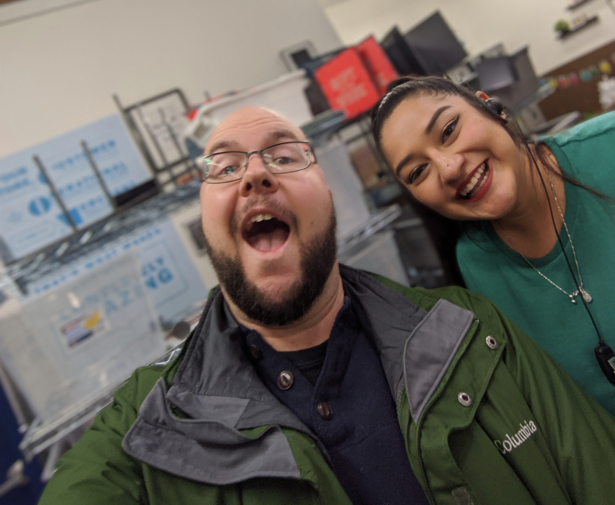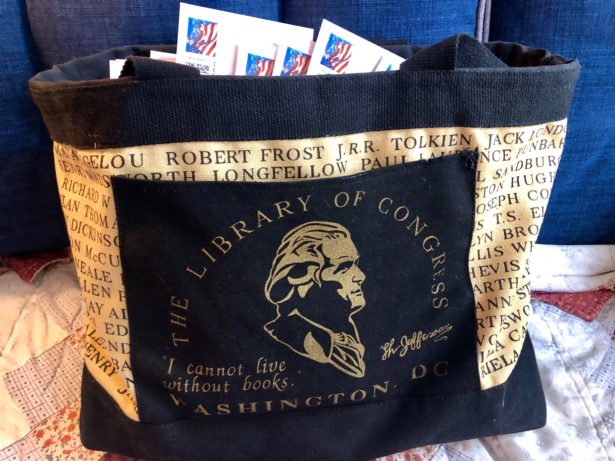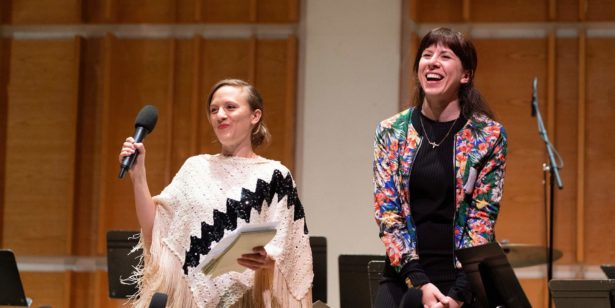
Raising Digital Donations After Two Quakes
In Mexico, a cryptocurrency exchange opens up what it means to help
When Mexico was hit by a magnitude 8.1 earthquake on September 8 of this year, many people found it in themselves to lend assistance to those affected by the disaster. Among them was Daniel Vogel and the digital currency exchange of which he is CEO, Bitso. “We all felt the earthquake and we thought it would be nice to try and raise some funds for that via digital currencies,” Vogel told Good Turns recently. “We could provide a fast and easy way to send money, and we could do in a very transparent way as well.”
“We had the platform and the technology to enable that, and we thought it would be something good to do, so we launched this campaign, called #BitcoinAidMexico.” The campaign—to which Bitso contributed 50,000 Mexican pesos—let traders on the Bitso platform contribute to “donation wallets” that would eventually be cashed out and transferred to the Mexican Red Cross. One of the unique facets of digital currencies such as Bitcoin, Ethereum, and Ripple, the three that can be traded on Bitso, is that each transaction that occurs can be audited, so that a public record can be created of where the currency being traded or donated has ended up. “We could prove that the funds would end up where we said they would end up, and everyone could see the amount of funds that were deposited,” Vogel said.
Then, a day after Bitso had transferred the initial round of donations to the Mexican Red Cross, Mexico was hit by another earthquake, of magnitude 7.1, but with an epicenter much closer to Mexico City, where Bitso’s offices are located. “It actually hit the section of Mexico City where our offices were,” Vogel recalls. “A lot of us were inside the building as the earth was shaking and we could see nearby buildings collapse. It was a very strong, very stark experience.”
“When you see buildings around where you are collapse and see people in tears and see destruction, it’s a very tough thing to live through”
Because of the nearby damage, Bitso’s staff were forced to leave the office and not allowed back until the building’s structural integrity could be assessed. “A lot of us started walking around and helping people in nearby buildings. A lot of people were trapped under buildings collapsing. This was a lot bigger and stronger than the last one, and we realized, we had just set everything up with the previous donation campaign, we should leverage that and do something with bigger impact,” Vogel said. “So we set up a way for individuals to send funds to Mexico via three different digital currencies.”
“We were able to raise a significant amount of funds,” Vogel told Good Turns: just under 2 million Mexican pesos, or around $105,000. “It was very cool to see the digital currency community around the world donate in a very transparent way.” Donations came from as far away as Japan, China, Australia, and Russia, from a number of countries in Europe, and from as near as the U.S. and Canada. There were even independent cryptocurrency engineers who took it upon themselves to create “smart contracts” that would match other donors’ contributions under certain conditions.
“This is definitely not something we do on a regular basis, but it is something we’ve done previously,” Vogel says. “We’ve done little things, like helping nonprofits move money across borders at no cost. But we don’t really have an arm that looks at these sorts of initiatives. I think it gave a lot of us a lot of purpose. When something like this happens, and you literally see buildings around where you are collapse and see people in tears and see destruction, it’s a very tough thing to live through. Knowing that you are building something that can in any way help and that has impact, it’s awesome.”
“Sometimes it’s difficult to know what technology will be used for. When people think of digital currencies, they often find reasons they won’t be relevant in the future or should be disregarded. I think it’s just encouraging to see that these things have utility, that they can help us. They’re just another tool for humanity, and I think it’s helpful to understand that these things can have utility beyond what we currently imagine, or beyond how we currently utilize money. If we start looking at things in that light, we might find solutions to many other problems through this technology.”
One example is the small donations Bitso saw to the #BitcoinAidMexico campaign, some as small as 2 pesos, or just over $0.10. “That’s something you couldn’t do with a traditional banking system,” Vogel points out. “Take that to the extreme. Next time a disaster hits, what if everyone in the world can donate 1 cent. Then that’s already a significant amount of help. But that’s just inconceivable with the current financial system. But when you start getting to the realms of really being able to transact at minimal to no cost, a bunch of things open up in terms of what it means to help.” And opening up what it means to help, of course, is just what Good Turns likes to see.
(Photo courtesy Flickr user Zack Copley)
Posted October 6, 2017





